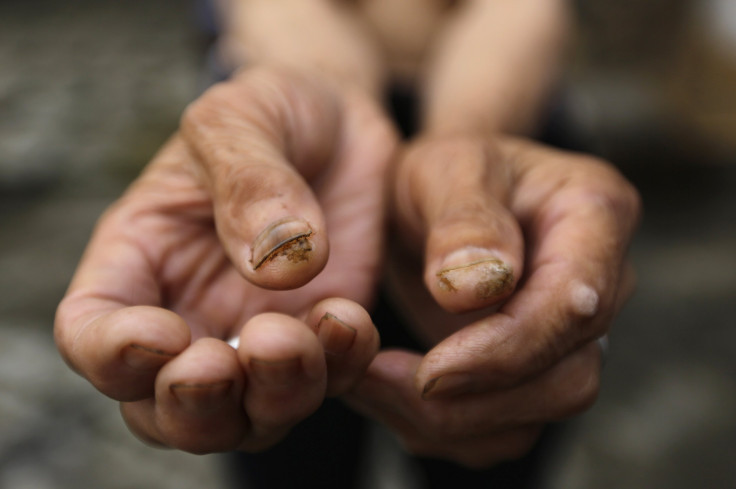Drug with herpes virus gains go ahead to help patients fight skin cancer

For the first time, the U.S. Food and Drug Administration, or FDA, approved a drug the uses a virus to treat the skin cancer melanoma. The regulators have given the go ahead for the drug, called Imlygic, which uses a genetically modified virus of a common sexually transmitted disease, called herpes.
Imlygic is an injectable drug that can treat conditions of melanoma that cannot be removed surgically. The company Amgen Inc., which created the drug, said that the herpes virus helps to infiltrate and potentially reduce the size of deadly skin cancer tumours.
The drug can be injected directly into tumour tissue to allow the modified herpes virus to kill cancer cells. It also uses a combination of a gene snippet that can produce a protein to stimulate immune response and kill melanoma cells.
According to Skin Cancer Foundation, melanoma is considered as the most dangerous form of skin cancer. The disease could lead to the formation of malignant tumours and potentially cause death.
“Not all melanoma patients currently benefit from available therapies, and Imlygic represents an important new option that can provide meaningful durable responses for patients with this aggressive and complex disease,” said Sean E. Harper, executive vice president of research and development at Amgen, in a press release.
Studies show that around 16 per cent of patients administered with the drug had their cancer tumours shrink, better than conventional cancer drugs that were found to affect only 2 per cent of patients. In the process of treatment, the Imlygic works in the body by dividing into copies until the membranes or outer layers of the cancer cells burst.
However, despite the effectiveness of the new treatment, FDA officials said that the drug had not been found to extend a patient’s life. The result has only lasted for six months.
Amgen suggests that melanoma patients should consistently take the new drug for at least six months or until no more tumours were left to treat. The FDA also noted that Imlygic has no effect on melanoma that already spread to the patient’s brain, lungs or other internal organs.
The Cancer Australia estimated that about 13,000 Australians are diagnosed with melanoma and nearly 1,700 could result to death by the end of 2015.
Contact the writer at feedback@ibtimes.com.au or tell us what you think below




















